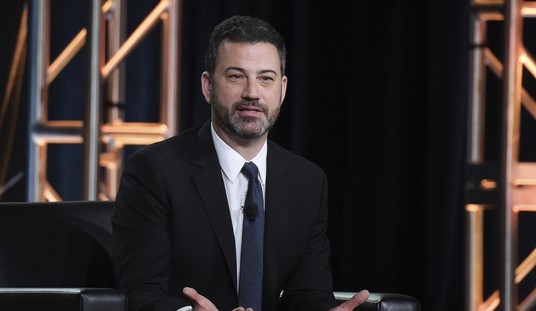The Algerian government has been defending its tactics in dealing with the terrorists who attacked a gas complex and took dozens of westerners hostage by saying that the al-Qaeda offshoot holding the prisoners left them little choice when they began to execute the innocent.
The Daily Telegraph has confirmed that nine Japanese hostages were executed by the terrorists, and British foreign secretary William Hague said that seven more hostages were probably executed just prior to the final assault:
Hague added that suggestions seven of the hostages had been “executed” by their captors prior to the final battle could be true.
“That sort of thing is quite likely to have happened,” he said.
He also said the Algerian army believed the hostages were in “imminent danger” as he sought to justify the loss of life at the gas complex.
“Certainly, the Algerians believed that the lives of the hostages were always in imminent danger, that the terrorists were planning blow up the entire installation. This is one of the reasons why they acted as they did.
They decided, as a sovereign country, that was something on their soil that they would deal with and they needed to deal with urgent.”
The “official” death toll is at 23 hostages. But the Algerian government warned that number is almost certain to rise:
Algeria says the death toll from the hostage crisis at a natural gas complex could rise. The government said Sunday several countries have indicated some of their citizens remain missing after an end to the bloody conflict at the complex in eastern Algeria.
On Saturday, Algeria’s Interior Ministry said the nation’s hostage crisis had ended with 23 hostages and 32 militants killed.
British Prime Minister David Cameron said Sunday that three British nationals are confirmed dead, and another three are believed to have been killed. U.S. officials previously said at least one American is known to have died.
Algeria’s Interior Ministry said security forces managed to free 107 foreign hostages and 685 Algerians.
Algeria’s official APS news agency said the country’s special forces stormed the complex Saturday in their “final assault” on Islamists who had been holding scores of hostages in the desert facility. However, few details have emerged from the remote location where the rescue mission took place.
Today, Algerian sappers, moving slowly through the huge complex looking for boobytraps, found the charred bodies of what is believed to be 25 hostages.
Twenty-five bodies have been discovered by Algeria’s army in the gas facility that was the scene of a bloody four-day hostage standoff in the desert, private Algerian television station Ennahar said on Sunday, adding that the operation to clear the base would last 48 hours.
The bodies are believed to belong to hostages executed by the militants, said Ennahar TV, which is known to have good sources within Algerian security.
Perhaps the final assault by the Algerian army might be seen as necessary, but what about the initial assault on Thursday that targeted vehicles being used by the terrorists that were full of hostages? At least seven prisoners were killed in the initial assault either as collateral damage or executed by their captors. While most western governments have been very cautious in criticizing the Algerian government for their aggressive tactics, the initial attack left little doubt that the Algerians were not going to place the lives of hostages very high on their priority list.
Meanwhile, some on the continent are referring to the attack as “Europe’s 9/11.” Al-Qaeda could hardly have chosen a more vulnerable target, one that deals directly with Europe’s energy security. The terror threat in Western Africa will now be taken a lot more seriously, and aid to the French who are battling the same al-Qaeda terrorists in next door Mali will probably now be more forthcoming.










Join the conversation as a VIP Member